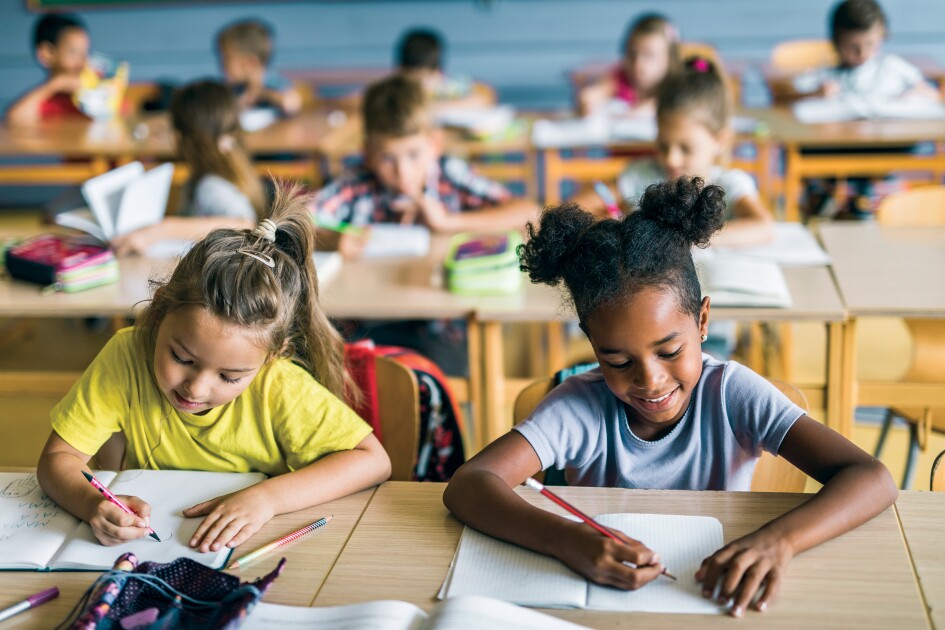In my e-mail inbox today, I received an invitation to examine exactly how much money my school district will get from the federal stimulus package. I agree that school districts need help right now. With a flat housing market and foreclosures across the country, school districts have lost a major source of funding—property tax revenues. The American Recovery and Investment Act of 2009 prevents thousands of teachers from losing their jobs and sustains vital programs. If there is money left over, I have ideas about how to spend it (I bet we all do), and I don’t have to look any farther than my classroom.
I am known around my school as the teacher with the huge library. With over 2,000 books, our class library holds mythic status among my students (both current and former). They often conduct tours, leading friends and younger siblings through the stacks, proudly showing off our books and making recommendations. These tours usually end with our guests filling out library cards and checking out books to read. My willingness to share our books with any child who wants to read them is well-known, too. I acquired every book on my own through donations, book club points, countless clearance and garage sales, book swaps, and other methods. I can loan my books as I please.
I decided long ago that putting books in children’s hands over and over again was the best way to encourage them to read. Reading advocates like Nancie Atwell, Jim Trelease, Richard Allington, and the father of free voluntary reading, Stephen Krashen , agree with me. A significant factor in getting children to read is providing access to books—mountains and mountains of books. But regular access to books is beyond the grasp of many children in America. Considering research findings from numerous studies, we could rename the achievement gap the library gap. Students in poverty have the least access to books because of poorly funded and staffed school libraries, limited public library use, and fewer books at home. Additionally, classroom libraries, which positively impact reading interest and achievement, are less common in low-income schools. If you lead a kid to books, you can get them to read, but the books have to be available.
There seems to be ample funding for the latest test-prep or reading incentive programs, despite a lack of research proving such programs work. If you’re curious, check out the Best Evidence Encyclopedia at the Johns Hopkins Center for Data-Driven Reform to find data on your district’s reading programs. Wouldn’t this federal windfall be better spent on providing real books, an endeavor proven to work? I believe that a paperback book or two in every backpack would do a better job of improving reading achievement than another test-prep workbook (no need to talk about which program improves students’ attitudes toward reading and which one doesn’t).
In his recent book, Readicide, literacy leader Kelly Gallagher denounces administrators who won’t pony up funding for books, calling such denials, “unethical”. The money is there, Gallagher claims, and we should start asking for it—loudly. Unfortunately, instead of money for books flowing into our classrooms from district, state, and federal education funds, this money frequently runs in the opposite direction—we subsidize our own libraries. If you walk into a classroom with a well-stocked library, I guarantee that the teacher purchased most of those books with his or her own money. While the absence of political will or clear priorities deny access to books for our students, many teachers put their money where their beliefs are.
When the only thing standing between our developing readers and their next book is the cost of a paperback, is there one among us who would not pay? Someone will pay. Better us than the kids.
How are you funding your classroom libraries, book clubs, and other reading initiatives? If you don’t mind sharing your covert methods for finding books, we could all use a hand. I will include your ideas, as well as a few of my own, in my next post.


